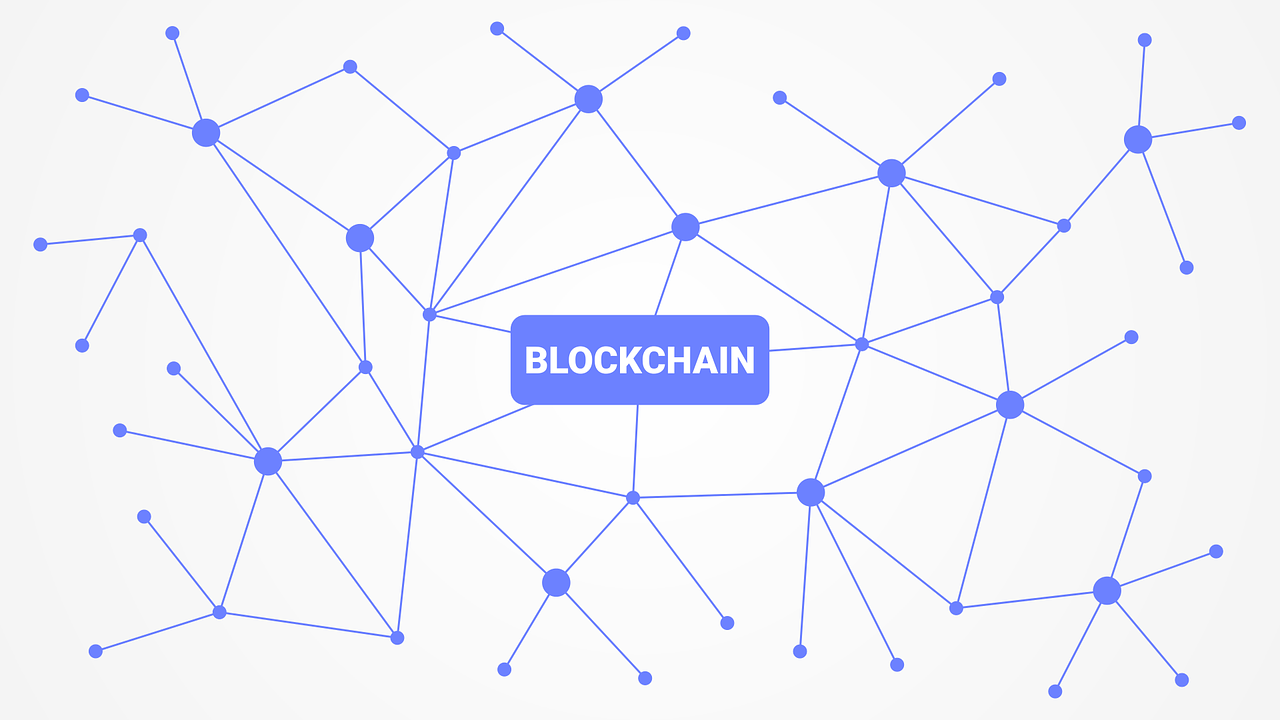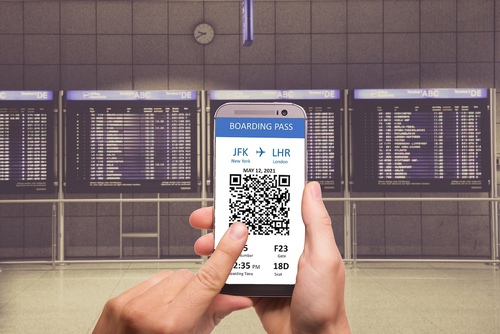Blockchain exists to keep digital cryptocurrencies in a secure and transparent database that isn't operated solely by anyone. To understand this closely-knit relationship between cryptocurrency and blockchain technology, an explanation of both terms and their functions is required.
What is Blockchain, and How Exactly Does It Work?
Blockchain is a unique database or system of recording information that presents data with the highest level of security possible. It can also be referred to as a digital ledger of various transactions recorded and distributed through an entire network of computers.
Blockchain differs from a regular database in that information is not controlled by an individual or group. Hence, it can't be subject to tampering or corruption. The inability to be altered is a unique feature of blockchain. Each block consists of different information in its storage, and with every new transaction, more information is added.
When a block is at capacity with information, it is connected on a chain to the next block. Subsequently, it picks up the recorded information from the previous block to a new one. With every block connected by a corresponding chain, every piece of information is linked and associated with history.
All changes in each block are reflected in the next ones. Thus, to alter the information on any block, you would have to rewrite every other block that precedes it. As hundreds of blocks are made at every moment, the number of resources and hacking required to infiltrate the system will be too much to bear.
How Does Blockchain Operate As a Decentralized Ledger?
A blockchain database is naturally decentralized, which means it's not controlled or accessed by a single entity that can alter its information.
The information is also recorded with an immutable cryptographic signature attached to it. Multiple individuals can access this decentralized database or ledger at multiple periods to store and record additional information. Each is stored in each block and subsequently connected to a chain. This whole setup is referred to as Distributed Ledger Technology (DLT).
Cryptocurrencies like ethereum and bitcoin, with their transactional information, are constantly growing as their blocks are added to the collective blockchain. This occurs when you buy Ethereum and other cryptocurrencies for online transactions.
Interestingly, cryptocurrencies are not the only ones that can use Blockchain, any other can. Social media can leverage blockchain to address the many challenges of data theft and security breach.
Blockchain and the Future of Social Media
Social media has served as the gateway for creating social interactions and content sharing for many users worldwide. Despite the many possibilities social media offers, the issue of information theft remains a challenge.
By gaining knowledge on a user's content, habits, behaviors, preferences, connections, and location. The data is then used to exploit each user's preferences to send targeted ads that reflect the user's interests.
According to experts from AgeDiscriminationInfo, this happens because most social media websites are centralized in nature and offer no security protection for users' data. Privacy and data security are the most significant challenges in the world of social media today, and blockchain seems to be the answer.
Blockchain and its unique decentralization feature can secure a user's data by encryption. With the adoption of blockchain, social media applications like Instagram, Twitter, WhatsApp and others will prevent theft of user data. Third-party applications linked to these social media platforms can no longer access user data because of end-to-end encryption.
Then, there is also talks of a blockchain-based social media system. A blockchain-based social media system will better protect the user's privacy and security thus assisting peer-to-peer marketing and ecommerce. This will foster crowdfunding transactions and other secure financial activities on different applications. Blockchain can help user's fully gain control of their content and market it as they please.
Decentralized networks will enable social media applications to be more connected than ever before. With blockchain technology, secure servers can connect each app and communicate on a united network irrespective of their original platform. For instance, a WhatsApp user could share data across platforms to a Twitter user without switching applications.
Blockchain can also end the era of false information and fake news on various social media platforms. One of the unfortunate drawbacks of social media is the high propensity for falsified information. With blockchain technology, fake news can be tracked to its origin and identified by matching information to ascertain its accuracy. This will significantly halt issues of false information and make social media a safer and secure environment.
Social media fosters knowledge transmission, connectivity, and community building. Blockchain security can drive meaningful political and social changes while spreading awareness on important issues that need addressing. It will also promote businesses, trade and stave off cyberbullying and misinformation. Essentially, blockchain can change the future of the social media world as we know it.
























